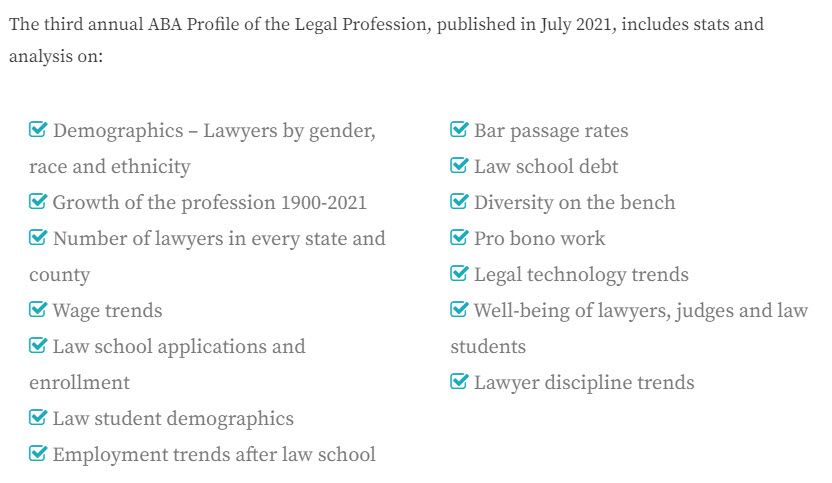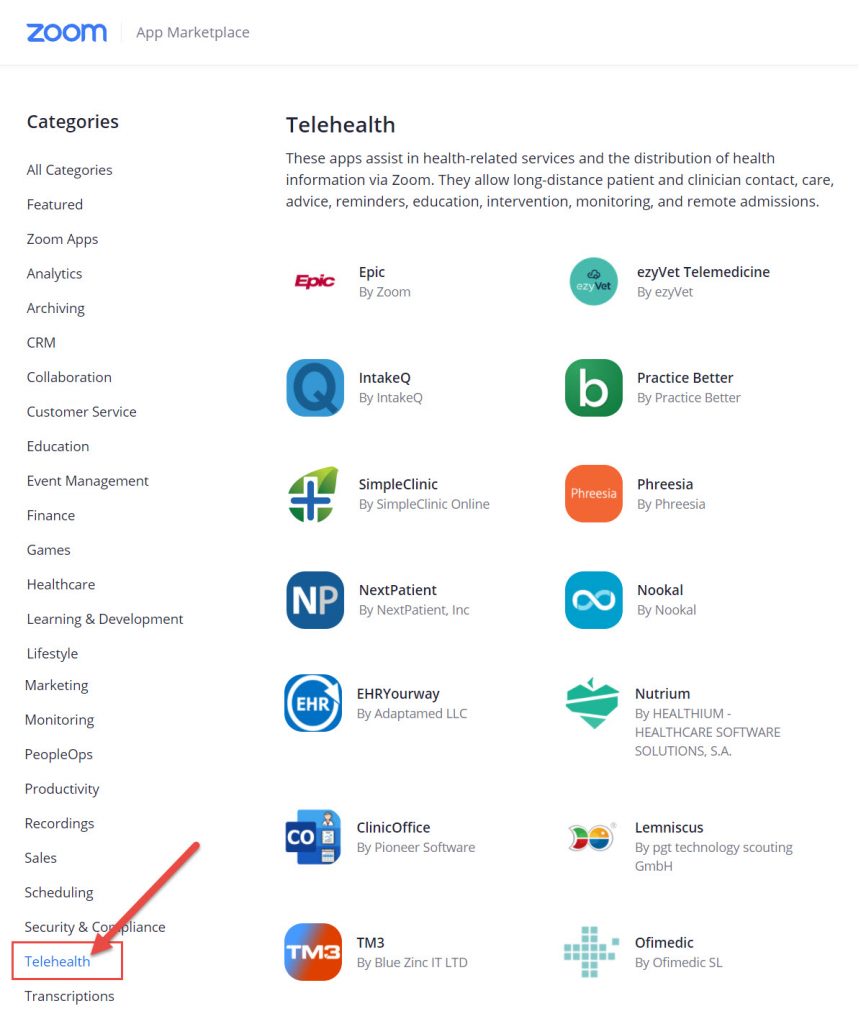Many Americans aren’t aware they’re being tracked with facial recognition while shopping — from techradar.com by Anthony Spadafora
You’re not just on camera, you’re also being tracked
Excerpt:
Despite consumer opposition to facial recognition, the technology is currently being used in retail stores throughout the US according to new research from Piplsay.
While San Francisco banned the police from using facial recognition back in 2019 and the EU called for a five year ban on the technology last year, several major retailers in the US including Lowe’s, Albertsons and Macy’s have been using it for both fraud and theft detection.
From DSC:
I’m not sure how prevalent this practice is…and that’s precisely the point. We don’t know what all of those cameras are actually doing in our stores, gas stations, supermarkets, etc. I put this in the categories of policy, law schools, legal, government, and others as the legislative and legal realm need to scramble to catch up to this Wild Wild West.
Along these lines, I was watching a portion of 60 minutes last night where they were doing a piece on autonomous trucks (reportedly to hit the roads without a person sometime later this year). When asked about oversight, there was some…but not much.
Readers of this blog will know that I have often wondered…”How does society weigh in on these things?”
Along these same lines, also see:
- The NYPD Had a Secret Fund for Surveillance Tools — from wired.com by Sidney Fussell
Documents reveal that police bought facial-recognition software, vans equipped with x-ray machines, and “stingray” cell site simulators—with no public oversight.












